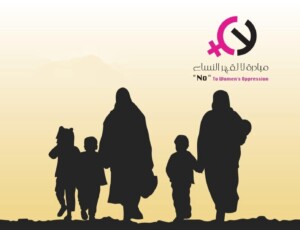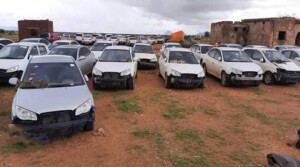US: Sudan still a sponsor of terrorism
The US continues to collaborate with Sudan on countering terrorism, but it remains for the US a State Sponsor of Terrorism.
The US continues to collaborate with Sudan on countering terrorism of groups like Boko Haram, al-Qa’ida, al-Shabaab, and other terrorist organisations, but Sudan remains for the US a State Sponsor of Terrorism. Elements of al-Qa’ida-inspired terrorist groups are still in Sudan, the US State Department writes in its Country Report on Terrorism 2014 being released on Friday. Sudan also continued to allow members of Hamas to travel, fundraise, and live in Sudan.
According to the report, Sudan is a generally cooperative partner of the United States on counterterrorism. It has collaborated with Sudan on the joint border commission with Chad to better control Chad’s eastern border, mainly to prevent Boko Haram elements entering the country. Sudan extradited Aminu Ogwuch, the alleged planner of the April 14 Nyanya motor park bombing. He escaped to Khartoum after allegedly killing at least 88 people at a crowded bus station 8 km southwest of Abuja in Nigeria. Boko Haram claimed responsibility for the bombing.
Hamas welcome
The US remained unsuccessful in keeping an accomplice in the January 1, 2008 killing of two US Embassy staff members in jail for the full 12 years of his sentence. The Sudan government paroled him and did not refer the decision despite protests by the US. The convicted killers escaped from Kober prison, and only one has been recaptured.
Hamas members remain welcome in Sudan and its members are permitted to conduct fundraising in Sudan, the report concludes.
Despite ratifying the UN Convention Against Corruption, the Central Bank of Sudan did not freeze, seize or forfeit assets in 2014 of any listed person. As the Sudanese banks face difficulties to find correspondent banks to process international transactions, most Sudanese instead move money in cash.
No mentioning of Darfur
The Country report on Sudan highlights that Sudan ‘has yet to take concrete steps to resolve the crisis in the 'Two Areas' of Southern Kordofan and Blue Nile, to include ending aerial bombardments, allowing sufficient and sustained humanitarian access, and resuming political dialogue to resolve the conflicts’. The report does not mention aerial bombardments, alleged mass rape cases and the lack of humanitarian access in Darfur.











 and then
and then